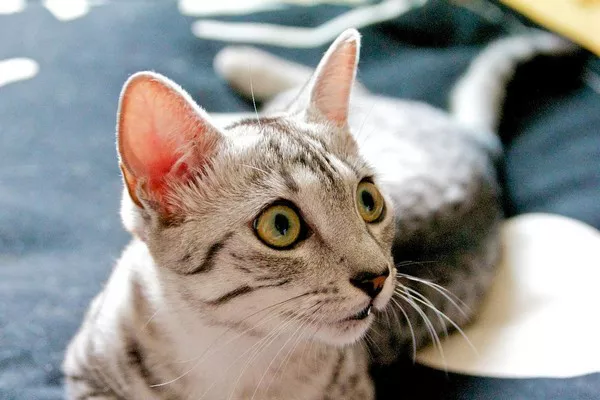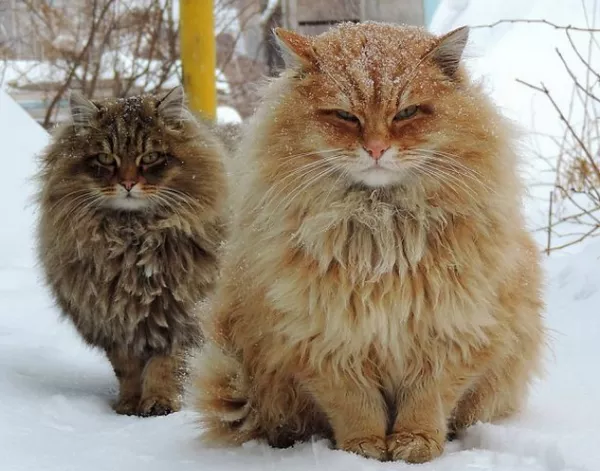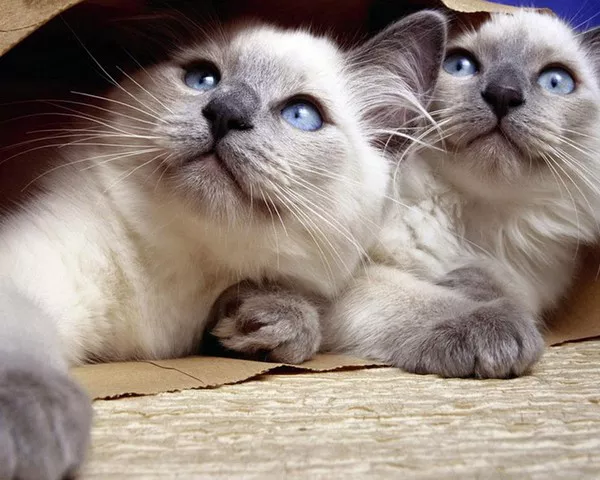A recent study suggests that cats fed vegan diets appear to be healthier than their meat-fed counterparts, igniting discussions about the viability of plant-based diets for feline friends. However, experts emphasize that the evidence supporting the benefits of vegan cat diets is far from conclusive.
Despite the burgeoning popularity of vegan cat food, estimated to be worth around US$9.3 billion, the lack of large, randomized controlled trials presents a significant knowledge gap in understanding the potential advantages and risks of purely plant-based diets for cats.
To delve into this debate, it’s essential to grasp the distinctive nutritional requirements of our feline companions. Cats are obligate carnivores, relying on nutrients primarily derived from whole prey animals. In contrast, dogs exhibit more omnivorous tendencies, equipped with adaptations that enable them to extract nutrients from plant sources.
Vitamin A serves as an illustrative example. While dogs can synthesize this vitamin from beta-carotene, which is present in plants like carrots, cats must obtain pre-formed vitamin A from their diet. Likewise, essential compounds such as taurine pose unique nutritional challenges for cats on plant-based diets.
Despite the growing interest in vegan pet food driven by environmental concerns, comprehensive scientific studies on the effects of these diets on cats are scarce. The available research, including a recent study published in PLOS One, shows some potential benefits of plant-based diets for cats, such as reduced veterinary visits and medication requirements. However, closer examination reveals that the evidence remains somewhat inconclusive.
Alex Whittaker, an expert in animal welfare and law at the University of Adelaide, points out that there have been no substantial, controlled studies exclusively focused on the impact of vegan diets on cats. Most research has involved small-scale studies or surveys, often relying on subjective owner-reported assessments of their pet’s health. Biases may arise due to the lack of a control group, making it challenging to draw definitive conclusions.
Furthermore, the inclusion of owners with specific beliefs or preferences, such as a higher percentage of vegans in the surveyed population, can skew results. Additionally, studies often vary in terms of the duration for which cats are fed a vegan diet, possibly influencing the development of diet-related health conditions.
In light of these complexities, Dr. Whittaker stresses the importance of comprehensive studies that control for variables such as the diet’s duration, environment, and supplementation through prey animals. This, she argues, would provide a more accurate assessment of the long-term effects of vegan diets on feline health.
For cat owners considering a vegan diet for their pets, caution is advised. Dr. Sarah Zito, a veterinarian and RSPCA senior scientific officer for companion animals, underscores the need for awareness of potential risks associated with unbalanced and inadequate diets. She recommends close monitoring of a cat’s health and behavior, regular veterinary check-ups, and consultation with a vet before transitioning to a vegan diet.
Dr. Zito suggests using commercial cat food formulated by qualified veterinary nutritionists, emphasizing the importance of finding a formulation tailored to a cat’s specific life stage and health needs. Compliance with the Australian Standard for Pet Food ensures that the food meets essential nutritional requirements. Ultimately, informed decisions, diligent monitoring, and consultation with a veterinarian are vital when considering a vegan diet for feline companions.



























